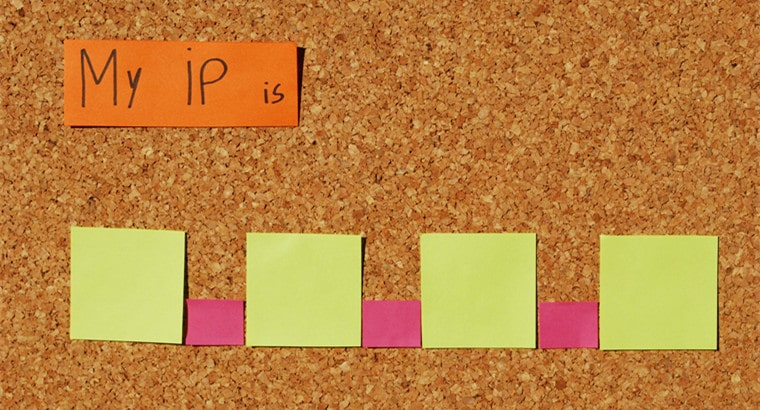To communicate over the internet, each digital device must have unique parameters that determine its identity. In order to effectively communicate with each other without intercepting other messages, our computers and smartphones have IP addresses that make them unique members of a wide area network.
Follow the rules laid down by Internet protocols. By knowing another person’s IP address, you can get an idea of their approximate physical location, and the data gets to more recipients with greater latency.
Without IP addresses, the Internet would have been too chaotic to support the fast communications we love and enjoy today. However, this private information can be misused in a number of ways. While you would never give out your social security number to random people, IP is private information that is exposed every day.
While we wouldn’t have the web without them, the constant misuse of IP addresses is getting out of hand. For example, when visiting a well-optimized website, your online identity is stored and recorded, and every decision or interaction with a page is tracked, monitored and used to build your profile for tracking. The reluctant handover of information turns every Internet user into a product.
IP tracking is often used for advertising, localization and user profiling by tech companies who combine it with other footprints of personal data to identify and track you. However, while exposing your online identity can be dangerous, there are ways to prevent tracking.
In this article, we’ll discuss ways to hide your IP address and even choose your alternate identity. For example, you can connect to websites while using a German proxy, and even unblock restricted websites that are only available to local users. Proxies are powerful intermediate servers that allow you to mask your original IP address with little loss in internet speed.
Of course, if you choose a German proxy, like this one, you’ll have more options than servers located in remote locations, but most top providers have servers in most countries around the world. If you want to learn more about German proxies, proxy servers in general, and alternative solutions for hiding your IP address, keep reading.
Using a Virtual Private Network (VPN)
A VPN is an excellent security solution that not only changes your IP but also encrypts the connection using tunneling protocols. Downloadable apps are available on most desktop and mobile devices, and VPNs are especially good for connecting to public networks because encryption prevents network owners from spying on you.
The only downside to a VPN is the price. While top providers offer easy-to-use apps, there are cheaper alternatives for hiding your IP address. Still, most providers offer a free trial period or a 30-day money-back guarantee if you want to test the service.
Connect to the Internet using the ToR browser
The Tor browser uses onion routing – a layered connection that provides each user with an anonymous connection. A bit like the other methods, it uses a chain of unknown servers as nodes, establishing connections with receiving servers under different identities.
While it is a powerful anonymity tool, the Tor browser has many disadvantages. Although the number of anonymous nodes is limited, the software is often used for illegal and malicious purposes, resulting in a large number of servers and their IPs being banned. Aside from being slow, it’s a secure but very limited method of IP masking, but it has a number of drawbacks.
get proxy server
Proxy servers are the most lightweight solution on this list, requiring no additional software and configuration to deliver results. While it lacks the security features of a VPN, a proxy server offers the most straightforward way to hide your IP address.
With a proxy, there are three main options: Datacenter Proxy, Residential IP, and Free Proxy Server. Let’s take a closer look at these options.
A data center proxy is a high-end server located in a data center to which users can connect to an organized set of addresses. They’re the fastest and cheapest option, but because they have no connection to your Internet Service Provider (ISP), recipient servers can recognize them as blocked Internet traffic.
Still, for personal, anonymous browsing sessions, it’s a solid solution for keeping your primary address safe. Proxy providers that offer data center IPs often have thousands of identities at their disposal, leaving you with a lot of options available.
Residential proxies offer the most anonymity because these addresses are shared with real devices, so their connections are best for web scrapers and other automated tools that compromise your primary IP address.
Free proxies are servers set up by unknown third parties, and while they mask your IP address, the owner can spy on your data and steal valuable information. Open proxies are dangerous to network security and we recommend avoiding them at all costs.
in conclusion
Using the methods above, you can protect your IP address and minimize exposure to private data. VPNs are more sophisticated security tools that provide anonymity on the web, while proxy servers are a lightweight solution with more identities available. All things considered, the final choice will depend on your individual use case.
